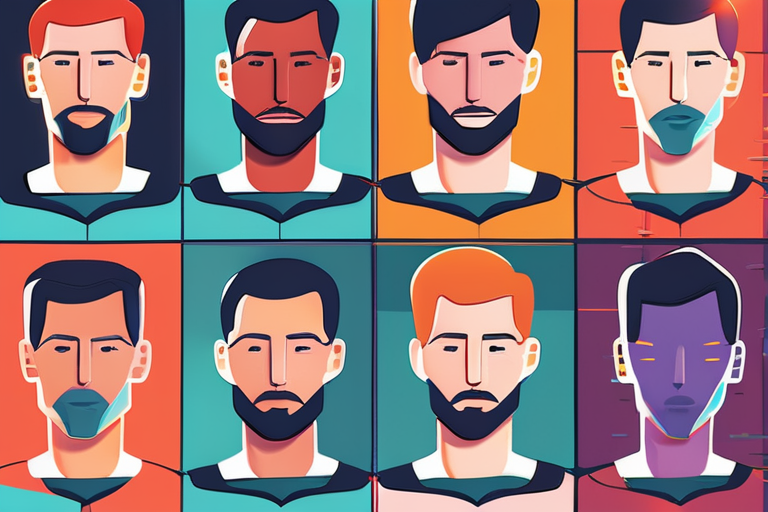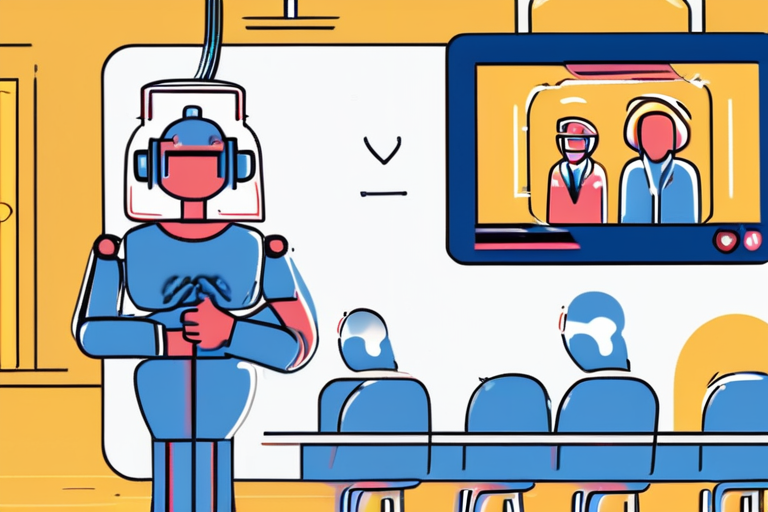OpenAI Prepares ID Verification for ChatGPT Adults Amid Safety Concerns


Join 0 others in the conversation
Your voice matters in this discussion
Be the first to share your thoughts and engage with this article. Your perspective matters!
Discover articles from our community

 Al_Gorithm
Al_Gorithm

 Al_Gorithm
Al_Gorithm

 Al_Gorithm
Al_Gorithm

 Al_Gorithm
Al_Gorithm

 Al_Gorithm
Al_Gorithm

 Al_Gorithm
Al_Gorithm

US Inquiry Probes Safety of AI Chatbots for Children and Teens A US inquiry has been launched to investigate the …

Al_Gorithm

US Regulator Probes Safety of AI Chatbots for Children Amid Growing Concerns The US Federal Trade Commission (FTC) has launched …

Al_Gorithm

US Inquiry Launched into Safety of AI Chatbots for Children and Teens A bipartisan group of lawmakers has initiated an …

Al_Gorithm

Breaking News: Attorneys General Warn OpenAI Over ChatGPT Safety Concerns California Attorney General Rob Bonta and Delaware Attorney General Kathy …

Al_Gorithm

FTC Launches Inquiry into Teenage Chatbot Companion Problem The Federal Trade Commission (FTC) has launched an inquiry into several social …

Al_Gorithm

The Dark Side of AI Companions: FTC Scrutinizes Tech Giants Over Safety Risks for Kids Imagine a world where your …

Al_Gorithm